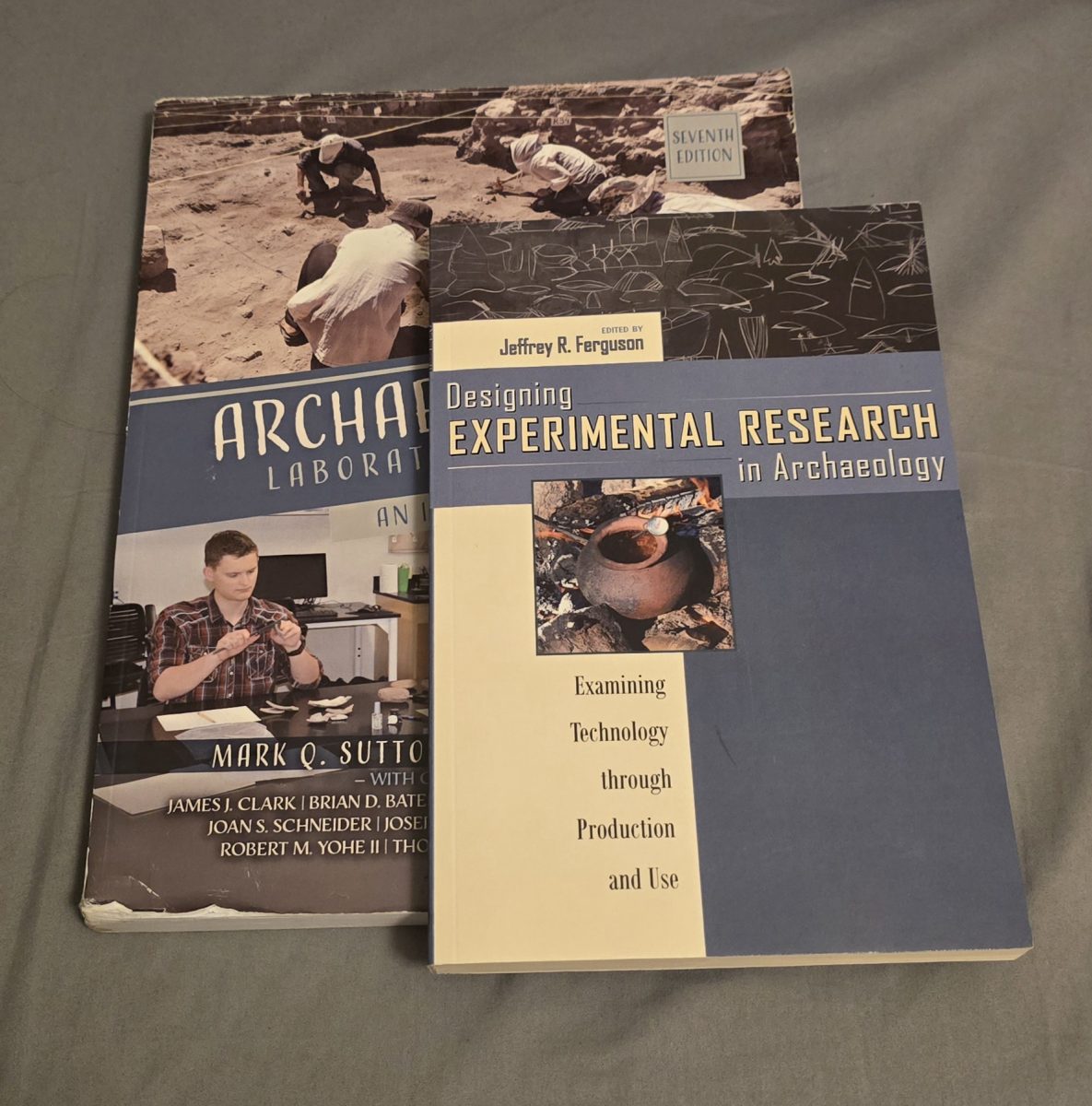As the saying by Confucius goes, “Choose a job you love, and you will never have to work a day in your life.” Undoubtedly, no generation has exemplified that spirit stronger than millennials. While previous generations may have focused on finding something to “pay the bills”, millennials believe labor ought to be purposeful. Work is not only method of income, but a fulfilling endeavor that rewards the soul. As Lauren Vesty from The Guardian puts it, “Millennials want purpose over paychecks.”
Across America, culture has pushed and celebrated this idea, and our media has catered to it. Almost every news site and magazine imaginable has some sort of article detailing the latest hot jobs for millenials who want to make a difference in the world.
In consequence, it’s unsurprising that the metrics for millennials as a group are lacking, to say the least. In 2016 according to Forbes, millennial unemployment stood at a tall 12.8 percent, compared to the national average of 4.9 percent. Additionally, 15 percent of millennials were living with their parents. At the same age years before, Generation X was at 10 percent, and the baby boomers were at 8 percent.
Pandering politicians or activists attempt to shift blame for these numbers. “The economy” or “the cost of college” mark popular talking points, but the underlying problem is certainly intrinsic. Unemployment is currently at its lowest in decades, and millenials are getting more education than previous generations. The issue isn’t solely lack of jobs or education; it has much more to do with millennial outlook on life.
Truth hurts, but here it is. As a millennial, I agree many stereotypes about millennials are true. We’re overconfident, idealistic, selfish and expect immediate gratification from a world that requires significant investment of time and energy. We expect that if we get a degree in something we’re passionate about, we’ll walk out of college into a high-paying job with a bright future.
Reality isn’t quite so peachy, especially for non-technical majors. According to Georgetown University, unemployment for people in the arts is 11.1 percent, with liberal arts close behind at 9.4 percent and social science at 8.9 percent. What’s more, the Washington Post reported in 2013 that only 27 percent of college graduates had a job in their field.
Meanwhile, the trades remain struggling to find people to fill their ranks. Across the nation, there are 30 million jobs not requiring a bachelor’s degree that pay more than $55,000 a year, according to the Georgetown Center on Education and the Workforce. The U.S. Department of Education reports that there are 68 percent more jobs opening in infrastructure-related fields than there are people training to fill them. They also reported that people with technical school educations are more likely to be employed than those who choose college. Yet, young people continue to be corralled towards four-year degrees that increasingly seem unbeneficial.
Some people have recognized this issue and actively worked to address it, most notably Joe Rogan, a comedian and host of the podcast The Joe Rogan Experience. As someone who believes strongly in the trades, he has set up numerous scholarships for people seeking technical training, and continuously pushed for young people who don’t believe college is right for them to seek education elsewhere.
The message here isn’t to just give up on your interests and grab a job offering a paycheck. Rather, instead of finding your passion and chasing a career in that area, find a career first and find fulfillment in doing that job well.
This isn’t just theoretical. Results from a survey of over 26,000 people conducted by Imperative found that sense of purpose deepens the further along you are in your career. You don’t have to be passionate about something initially to end up finding purpose in that job; in fact the reverse may work out better. Find a sustainable, reliable career first. Then, carve out a purpose within
your career.
When searching for a career, the first and most important question should be “is it practical?” There are hobbies, and there is work.
One of those two things will put a roof over your head.
























